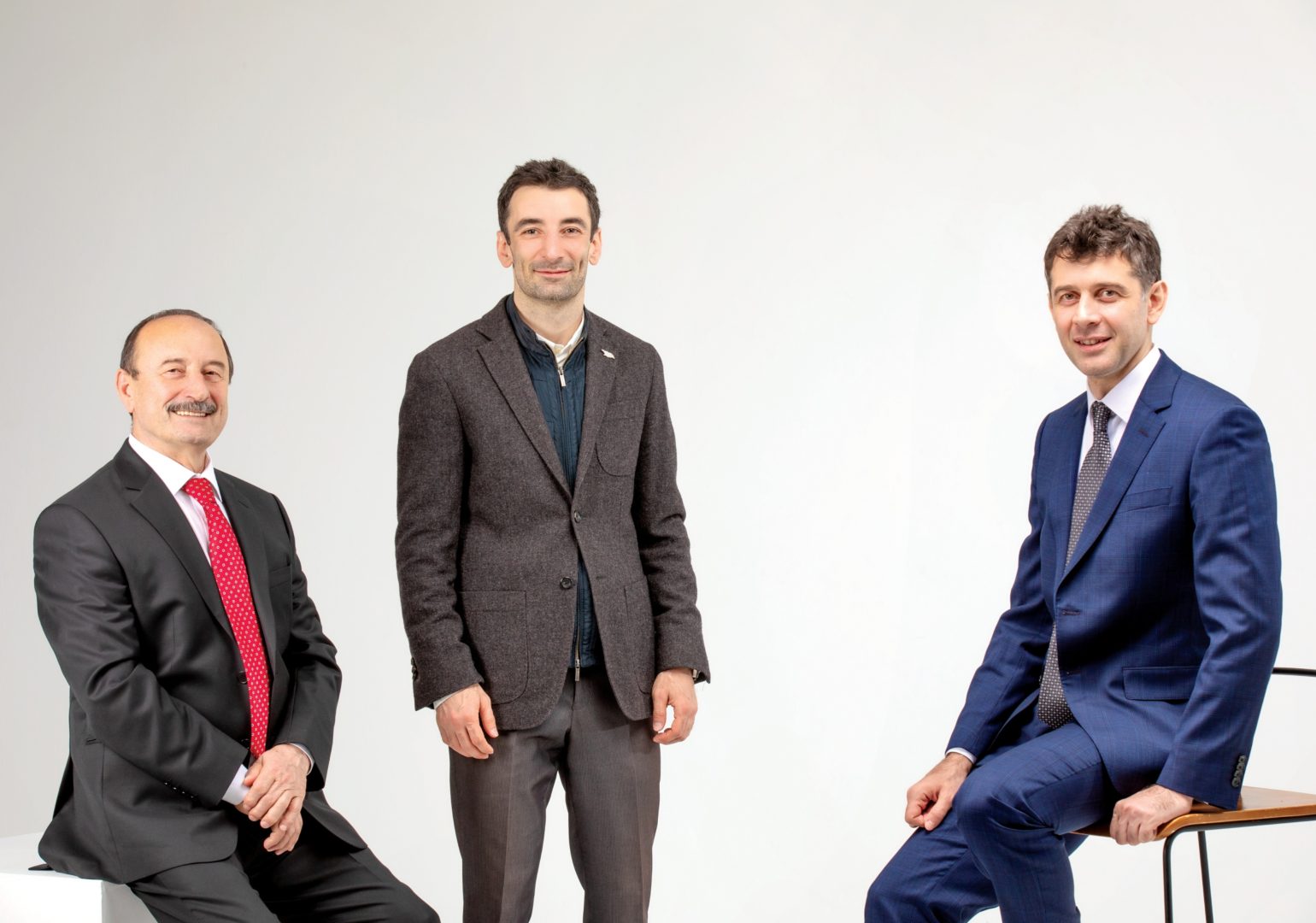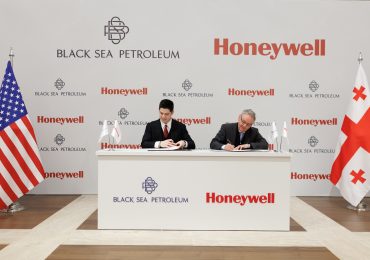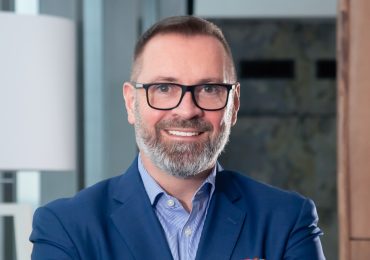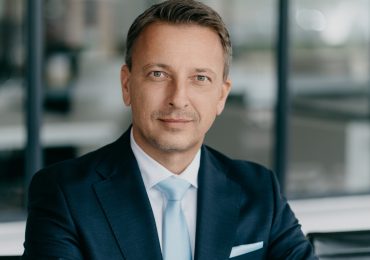Gross Energy Group (GEG), founded by Anguli Tkebuchava and led by his sons, Davit and Irakli, has become a cornerstone of Georgia’s energy infrastructure. The company has spearheaded projects totaling approximately 1,000 MW in capacity, with investments exceeding two billion dollars. With its first hydropower plant, Tashiskari HPP, set to launch in 2025, the company stands at the threshold of a new chapter in its history.
Q: Gross Energy Group has been operating since 2007 and is one of the key players in Georgia’s energy sector. Can you share the original vision behind founding the company and how it has evolved over the years?
Anguli Tkebuchava: Gross Energy Group was founded to introduce international standards in project design and consulting services to Georgia’s energy sector. There was a clear gap in modern energy infrastructure and project management expertise at that time. We saw an opportunity to bridge that gap by aligning our work with international best practices.
Transparency has been one of our guiding principles from the outset. This foundation of trust enabled our first major partnership in 2008 – a collaboration with a Norwegian company to support Georgia’s journey toward energy independence. The partnership was transformative. Together, we conducted Georgia’s first comprehensive hydropower assessment, producing high-quality feasibility studies for major projects such as the Oni and Shuakhevi Cascades. This laid the groundwork for future development and attracted significant international investment. We created investment proposals for 76 power plants––the first of their kind in Georgia to be publicly listed with complete transparency. This revolutionized how investors accessed critical energy project information.
Irakli Tkebuchava: The success of these initial assessments was remarkable. Most of the evaluated projects progressed to the development stage or attracted investors, validating our strategy of combining international standards with transparent communication.
Q: Gross Energy Group operates across diverse sectors, including hydropower, construction, consulting, research, and infrastructure. How do you effectively manage this diversification while maintaining expertise in each industry?
David Tkebuchava: We approach diversification strategically, making collective decisions as a team. Our strength lies in managing these different sectors with our internal resources. While we engage in various sectors, hydropower remains the core of our business––where we invest the most expertise, resources, and innovation.
Hydropower is complex and challenging. It touches every facet of construction and infrastructure development, refining our skills and reinforcing our technical capabilities. Tackling these demanding projects has sharpened our expertise across the board.
Q: What scale of energy projects are you currently involved in?
Irakli Tkebuchava: We have been involved in the development of all major energy facilities in Georgia at various stages. These projects span all sizes. Our cumulative involvement encompasses projects totaling approximately 1,000 MW in capacity, representing an investment exceeding two billion dollars.
Q: Considering Georgia’s rich hydropower potential, how do you see its role in the international energy market, especially concerning Europe?
Irakli Tkebuchava: Georgia has enormous untapped hydropower potential, with around 60% of its energy resources still unused. This positions us as a key player in the global shift toward renewable energy, particularly as Europe prioritizes green energy. The challenge lies in developing this potential sustainably.
We were a driving force behind the Black Sea Submarine Cable Project, an ambitious initiative envisioning a high-voltage underwater transmission network connecting Georgia and Europe. This network will allow Georgia to access expanded export opportunities and trade electricity in real-time. This project strengthens Georgia’s energy independence and opens the door to energy exports.
Q: The Black Sea Submarine Cable project has been described as having the same significance as the Baku–Tbilisi–Ceyhan pipeline. Could you elaborate on its importance and your involvement?
Anguli Tkebuchava: The Black Sea Cable project represents a fundamental shift in Georgia’s energy strategy. Think of it as an energy highway connecting Georgia directly to Europe’s power grid. This is not just about transmitting electricity––it’s about integrating Georgia into the European energy market.
David Tkebuchava: The project establishes a two-way energy corridor, allowing Georgia to export surplus power while also importing energy when needed. Additionally, the cable integrates a fiber-optic component, significantly enhancing Georgia’s digital infrastructure. Georgia could become a vital bridge between Asia and Europe by combining energy and data transmission.
Q: Gross Energy Group has accumulated considerable experience and is now undertaking its own hydrological projects. How do you ensure local communities benefit from these developments?
Irakli: We draw inspiration from Norway’s inclusive economic model, where revenues from hydropower projects are reinvested directly into local communities. We advocate for a similar approach in Georgia. Taxes and profits from energy projects should benefit the regions where they are developed.
Anguli Tkebuchava: When entering a village, it’s crucial to approach the community respectfully, much like visiting someone’s home. You wouldn’t simply barge in. For us, it’s not about imposing our plans but finding common ground through dialogue. Communicating openly and raising awareness can build partnerships that show how these projects elevate and empower local communities.
David Tkebuchava: Our project in Skurdidi is a prime example of how we work alongside communities. When we established the hydroelectric plant there, we provided jobs and technical training and empowered the local population by granting them a share in the energy generation process. This collaborative model, where locals actively participate in management and operation, has empowered the community to take charge of its development.
Q: How do you assess the potential of renewables in Georgia’s energy sector?
Irakli Tkebuchava: There is a common misconception that solar or wind energy sources should entirely replace hydropower. Hydropower complements these sources by providing stability during fluctuations in wind and solar output. Hydropower must serve as a stabilizing force to expand these capacities. It is crucial to remember that hydropower itself is a clean and renewable energy source.
Davit Tkebuchava: Our ambitions extend well beyond hydropower. We are actively exploring innovative opportunities across the energy landscape. One of our key initiatives involves preliminary research into floating solar power stations on the Sioni Reservoir, with plans to expand this concept to other reservoirs. We have also designed 50 MW and 100 MW solar power plants and are developing concentrated solar power stations, which is a big step for Georgia. Additionally, we are pursuing both onshore and offshore wind energy projects, reinforcing our commitment to diversifying Georgia’s renewable energy portfolio.
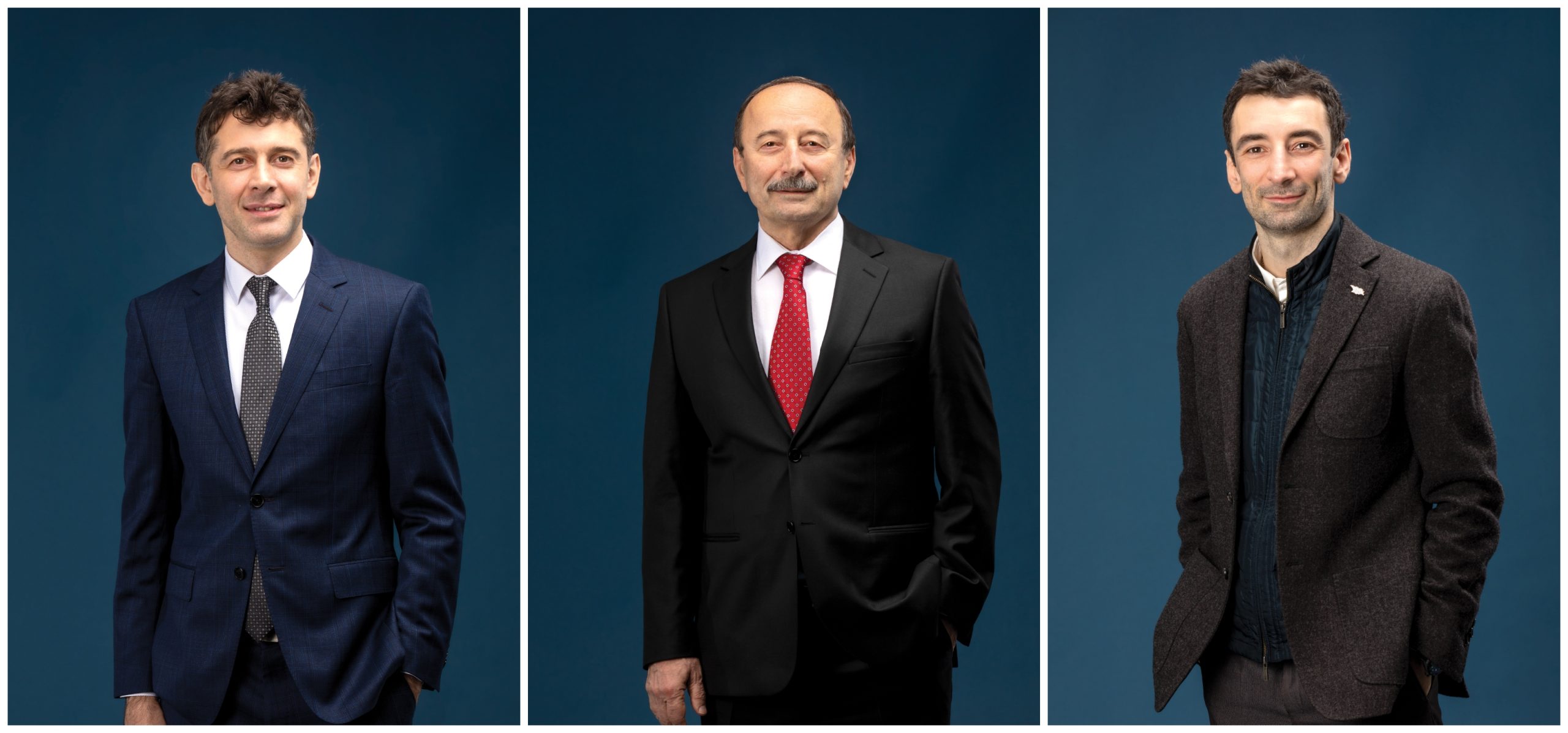
Q: What are the company’s main priorities for 2025?
Irakli Tkebuchava: 2025 marks a significant milestone for us. Our top priority is launching our first hydropower plant, Tashiskari HPP, and advancing several key projects to the next stages of development.
Anguli Tkebuchava: This year represents the culmination of 16 years of dedication and perseverance. Major projects like the Tekhuri and Khaishura Cascades are set to break ground, with construction likely beginning around May or June.
Davit Tkebuchava: In 2025, we aim to surpass the achievements of 2024. Our focus is not just on infrastructure; we’re investing in people. We’re fostering the next generation of engineers by collaborating with the Technical University of Georgia. We see Gross Energy Group not only as a leader in project development but also as a hub for education and knowledge sharing. Through internships and specialized training programs, we provide young professionals with hands-on experience, ensuring they gain the skills needed in this sector. This is part of our broader strategy to cultivate a skilled workforce and ensure the growth we’ve driven continues to benefit the country.

